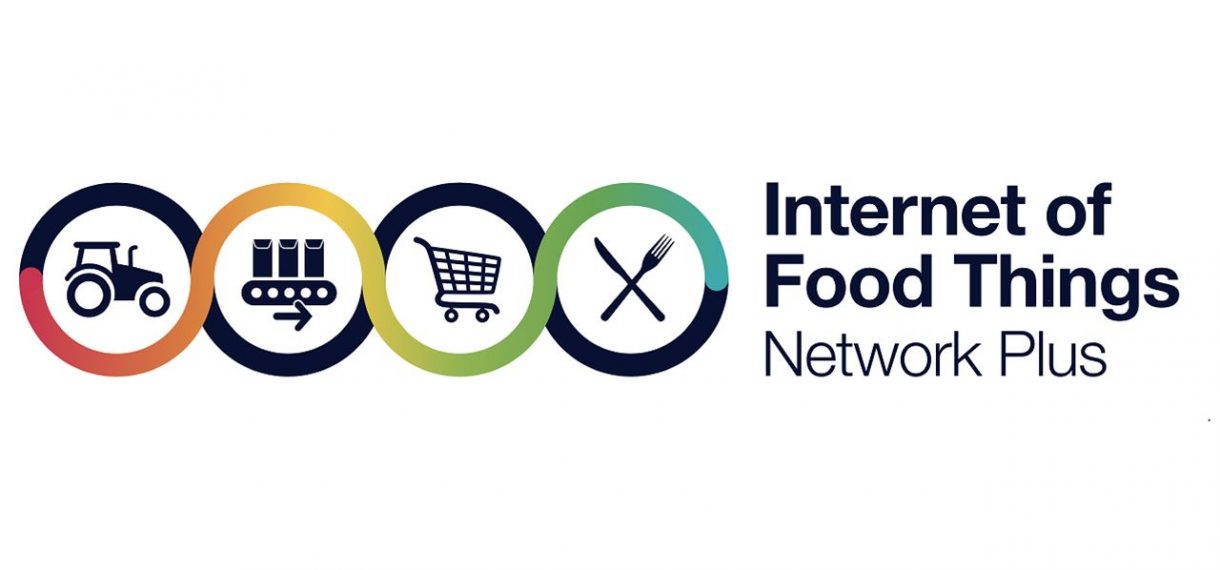

The Ethics of Digital Technology and Data Sharing in the Food Sector
An article, ‘Considering the ethical implications of digital collaboration in the Food Sector’, is published today in the November issue of the data science solutions journal ‘Patterns’.
The University of Lincoln has been leading a UK-wide interdisciplinary research network, the Internet of Food Things Network+, and as part of this broader work looking at the digital transformation of the food production supply chain, a working group have been established to explore the ethical issues surrounding the accessing of data needed to support this transformation. Food production is the largest sector in the UK manufacturing industry. Complex food production and distribution processes and systems, involving millions of people and organisations, produce huge amounts of data every day. Therefore, there is a need for these new systems to be able to securely work together, share and access a wide variety of data sources across the entire food sector. Sharing data and using it more effectively, such as with AI and other new technological innovations, can potentially reduce waste, increase sustainability and protect health. However, this article warns that new technology may also introduce ethical issues and unexpected, harmful consequences.
Lead author Dr Naomi Jacobs from the Imagination Laboratory at Lancaster University said: “Rather than ask general questions about what might go wrong, or have to wait until something is fully built – when it is probably too late to change things without huge costs or starting all over again – we imagined what the world might look like if ‘data trusts’ (designed to protect private data while allowing others to make use of it) already existed.”
As part of a wider project established by the Internet of Food Things Network+ (led by the University of Lincoln) to explore data trusts related to the food sector, the research team created objects that acted as ‘props’ from that fictional world such as a ‘documentary’ film about a supermarket recall, and the real-time supermarket ready meal packaging. These props were used with a set of cards designed to enable engagement with the ethics of technology, called the Moral-IT Deck. Using these, they worked with experts in food and technology to evaluate the potential ethical benefits, risks and challenges they posed.
The project was funded by the Internet of Food Things Network+ and also the AI for Scientific Discovery Network+. Co-authors included: Imagination Lancaster, LICA, Lancaster University; The Lincoln Institute of Agri Food Technology, University of Lincoln; Future Food Beacon of Excellence and School of Biosciences, University of Nottingham; School of Chemistry, Faculty of Engineering & Physical Sciences, University of Southampton; School of Business and Management, Royal Holloway University of London, and Royal Agricultural University, Cirencester.